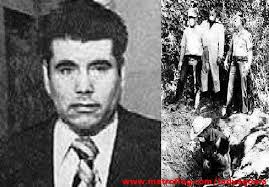
Juan Corona murdered at least twenty-five migrant workers during a bloodstained six week period in 1971. He had arrived in Yuba City, California in the 1950s as a Mexican migrant worker. By the early 1970s, he'd moved up the pecking order and was a labour contractor; he hired itinerants to pick fruit on behalf of local farmers (for minimal pay) around the Yuba area. Long before Corona’s series of homicides, as far back as 1956, he’d been diagnosed as suffering from schizophrenia. However, no-one suspected the disturbing depths of his true mental condition. Though outwardly a macho man with a wife and children, Corona was a predatory homosexual and a brutal sadist. His murder victims were all male and all were sexually assaulted before being killed. At least one other member of the Corona Family had a history of sexually motivated violence; in 1970, Juan’s half-brother Natividad, who owned the “Guadalajara” cafe in nearby Marysville, had molested and beaten a young man in the washroom at his place of business. The victim was discovered bleeding by other customers; when he sued Natividad for $250,000.00. The pervert fled back to Mexico.
As a labour contractor, Corona personally recruited migrant workers and housed the men in a barracks-like building on the Sullivan ranch. These men were, for the most part, elderly alcoholics, social dropouts, and misfits - the kind of people who would not ordinarily be missed if they vanished. In early May 1971, Corona apparently started to single out individual workers for sex and death. But it’s likely that his career as a homosexual rapist began much earlier. His job and his twisted inclinations gave him ample opportunities to prey on vulnerable men; his position and their lack of social standing would have ensured that the police were not informed. On May 19, a Japanese fruit farmer noticed a large hole seven feet long and three and a half feet deep that had been scooped out of his land in a peach orchard. The next night he went to the same spot and saw that the earth had been packed back into the hole. He called the police who dug into what was a fresh grave. Inside of it was Kenneth Whitacre, a vagrant who had homosexual pornography in his back pocket. He had been sexually assaulted and then stabbed to death - somebody had chopped his head open with a machete. Another farmer noticed what appeared to be a freshly dug grave on his land and police began digging again; this time finding an elderly man - Charles Fleming, known to be a drifter. More graves in this area yielded more men, all of them sodomized, stabbed (one was shot) and mutilated viciously about the head with a machete. The killer had followed a similar pattern in every case; each of the victims bore a deep puncture to the chest followed by two slashes across the back of the head in the shape of a cross. All had been buried face up, arms stretched above their heads, shirts pulled up over their faces. Some had their lower garments lewdly pulled down.
In one grave police found the body of Melford Sample and a meat market receipt made out to "Juan V. Corona." The bodies kept turning up - including that of John Henry Jackson, an elderly worker who had been seen some weeks earlier riding in the back of Corona's pickup truck. The police kept digging until June 4, 1971, unearthing twenty-five bodies, along with more receipts that had the name of Juan Corona on them. Corona was arrested and charged with murder. He pleaded not guilty, but his defence lawyers, who maintained that his half-brother had done the murders, had an uphill battle against the overpowering evidence of bodies, receipts and eyewitnesses who had seen the murdered workers with Corona shortly before they disappeared. There was speculation that Corona and another man committed the murders, but no other suspect was ever found, let alone arrested. Psychiatrists ventured many theories about Corona, one claiming that as the spring deepened and the fruit ripened, Corona's madness increased until the climate drove him into a frenzy of murder and mutilation so that he was compelled to kill someone each day to satisfy his blood lust. The availability of victims increased as warmer weather set in and scores of migrant workers drifted into the Marysville -Yuba City area. In several instances, the prosecution at Corona's trial proved that Corona had planned his murders in advance - digging graves days before he had any victims to put into them. Added to this was the presence of two bloodstained knives, a machete, a pistol and blood-caked clothes in his home...along with an equally damning ledger in which Corona had officiously listed the names of seven his victims and the dates of their murders.
Corona simply had to stop his truck at any roadside and take his pick from a steady stream of nomadic workers - men who would generally grab the chance to make some money. He would work his chosen targets a few days then, when it was time to pay them, the burly, 200-pound Corona would strike; they were sexually molested, murdered and buried. His victims included Kenneth Whitacre, Charles Fleming, Melford Sample, Donald Smith, John J. Haluka, Warren Kelley, Sigurd Beierman, William Emery Kamp, Clarence Hocking, James W. Howard, Jonah R. Smallwood, Elbert T. Riley, Paul B. Allen, Edward Martin Cupp, Albert Hayes, Raymond Muchache, John H. Jackson, Lloyd Wallace Wenzel, Mark Beverly Shields, Sam Bonafide (also known as Joe Carriveau) and Joseph Maczak, plus four men who remained unidentified. The jury in the Corona case deliberated for forty-five hours and then brought in a verdict of 'Guilty' in the case of each of the twenty-five murdered men. In January 1973, Judge Richard E. Patton sentenced Corona to twenty-five life terms to run consecutively with no hope of parole. In 1978 an appeals court upheld a petition by Corona - he claimed that his original legal team had been incompetent. They had not put forward Schizonphrenia as a mitigating factor or pleaded inasnity. Corona was granted a new trial. Whilst awaiting this process, he was attacked in prison by three other inmates and slashed with a razor thirty-two times, losing his sight in one eye. In 1982, his second trial confirmed all twenty-five guilty verdicts. Some observers have theorised that he might have killed prior to 1971. Corona's early years in Mexico are obscure and not well documented, so we'll never know what he did before he hit the road as a migrant worker. Whilst it’s entirely possible that the Californian countryside still contains bodies and dark secrets, several factors tend to suggest that his 1971 killing spree was an explosion of long-supressed urges, rather than the tail-end of a lengthy career in homocide.
He was extremely careless in the manner used to dispose of his victims. Holes were dug and left empty for some time - perhaps he thought that this was a clever way of cutting down on the danger of discovery when he was in possession of a corpse? In reality, the ruse only aroused the curiosity of farmers who were naturally interested in unauthorised activities on their land. The victims' bodies were buried along with a lot of evidence that could only point towards Juan Corona. He made no attempt to dispose of incriminating weapons, clothing or even a list with victims' names and dates of death. It seems more credible that he graduated to rape/murder after enjoying a very long period of rape and battery without even coming close to being caught. There came a point when beating and violating a helpless person no longer thrilled enough. His need to dominate and express unbridled power over others sought out a higher, more bloody level. The ultimate expression of power over another person is to deprive him of life. Corona had never needed to be particularly careful or resourceful in the past; this attitude stayed with him when he extended his activities and began to kill the men he raped.

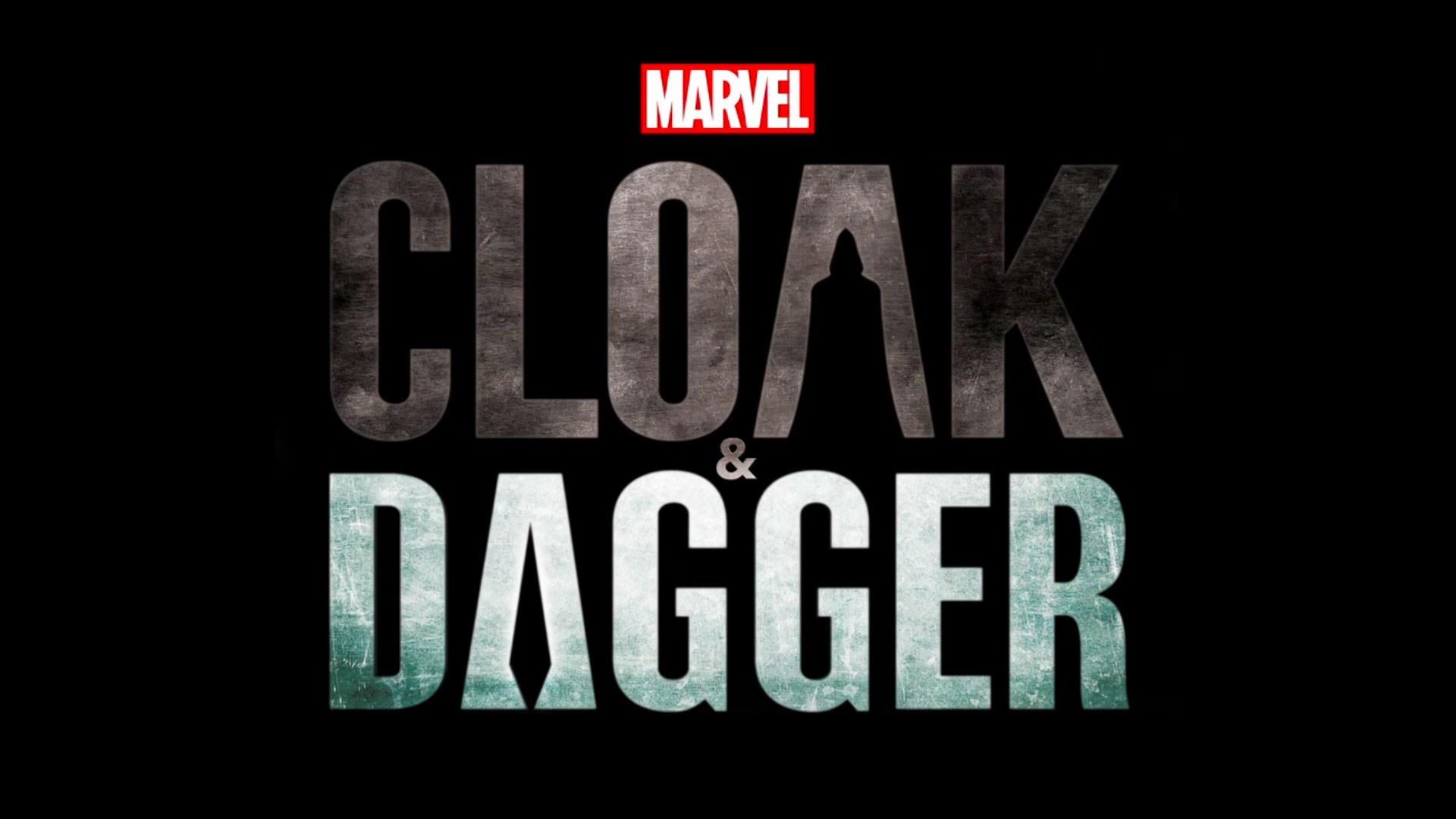


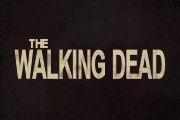
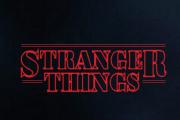
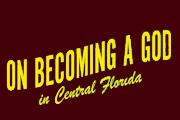
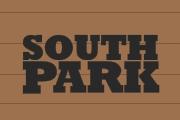









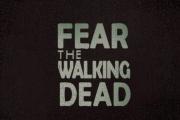




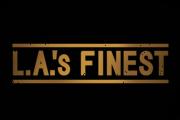
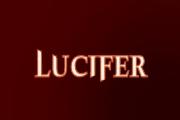


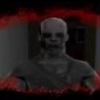
Recommended Comments
There are no comments to display.
Join the conversation
You can post now and register later. If you have an account, sign in now to post with your account.